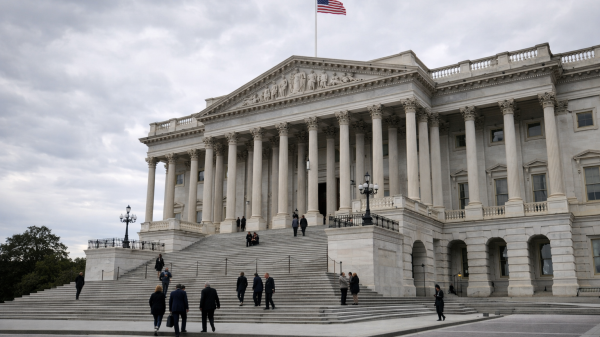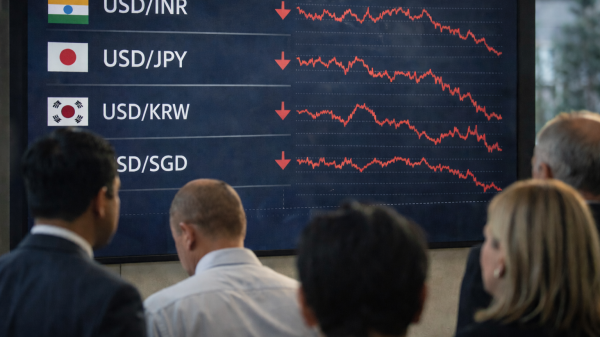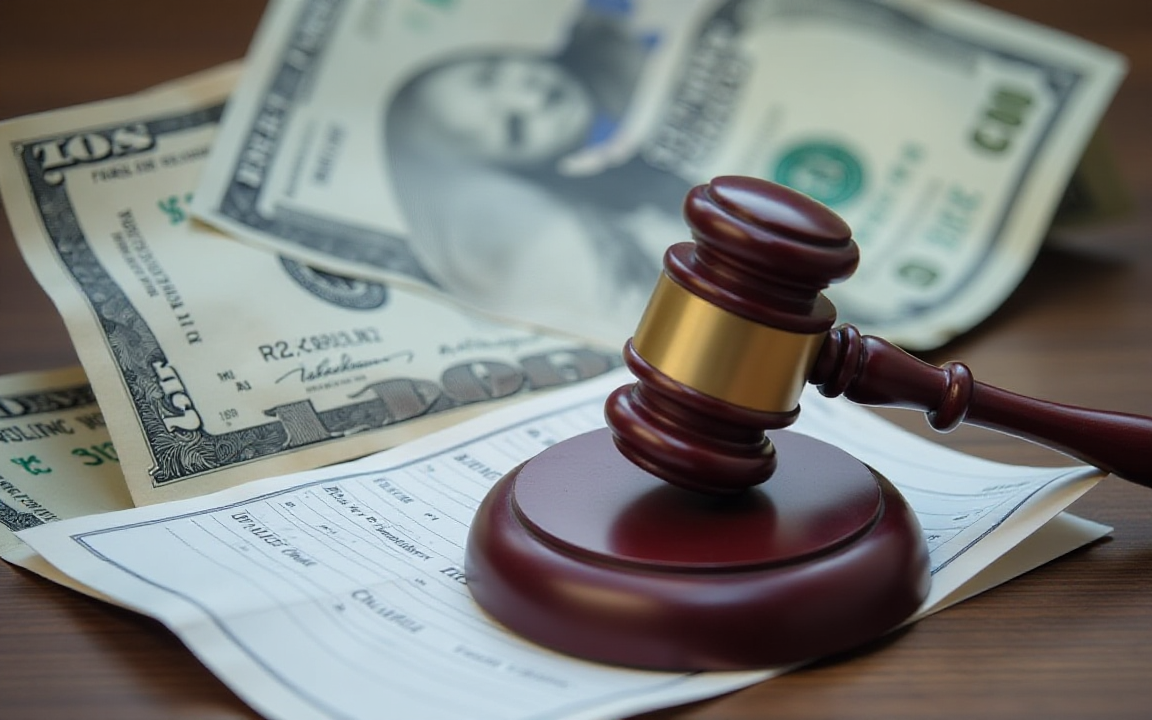The US Consumer Financial Protection Bureau (CFPB) has seen a sharp reversal of enforcement activity and regulatory action under President Donald Trump’s administration, with an estimated financial cost of at least $18 billion to consumers.
That’s according to a joint analysis published on Tuesday by the Student Borrower Protection Center and the Consumer Federation of America.
The findings come amid rising scrutiny over policy changes that have eliminated caps on bank fees, terminated enforcement actions against major financial institutions, and reversed settlements meant to compensate consumers harmed by alleged corporate misconduct.
$15 billion hit from fee policy
One of the most significant cost drivers highlighted in the analysis is the rollback of fee regulations initiated during former President Joe Biden’s term. The Biden-era CFPB had proposed capping credit card late fees at $8 and overdraft fees at $5.
These proposals were shelved under Trump’s leadership, allowing banks to resume charging higher fees. The watchdog groups say this regulatory reversal will cost US consumers approximately $15 billion annually.
The Trump administration began scaling back the agency’s oversight shortly after assuming control of the bureau in February.
Efforts to eliminate the CFPB altogether have so far failed, but agency staffing is reportedly being reduced by 90%, significantly weakening enforcement capability.
$3 billion in cases dropped
In addition to lifting regulatory caps, the Trump-led CFPB has also halted ongoing enforcement. According to the report, 22 enforcement actions that were active when Biden left office in January have been dismissed.
These included investigations into major financial institutions such as JP Morgan Chase, Bank of America, Wells Fargo, and Capital One. Together, these cases involved more than $3 billion in alleged consumer harm.
The Trump administration argues that the CFPB, under its former leadership, had exceeded its statutory authority and pursued politically motivated enforcement.
Settlements reversed
The rollback has extended to previously agreed-upon settlements as well.
The organisations claim that redress arrangements involving Toyota and a payment processor have been revised or scrapped, leading to approximately $50 million in compensation that will no longer be paid to consumers.
These actions, the report notes, go against the bureau’s original mission to restore fairness and transparency in the financial sector.
This change in enforcement approach also raises broader questions about the CFPB’s future role.
Critics warn that reducing oversight could embolden large institutions to impose high fees and engage in practices detrimental to consumers, without fear of regulatory intervention.
The agency, established after the 2008 financial crisis, was created to prevent predatory lending, enforce transparency, and protect consumers from financial abuse.
With the bureau’s workforce reportedly being reduced by about 90%, its capacity to monitor the financial sector has been significantly diminished.
This structural shift comes at a time when many Americans are facing increased financial strain from inflation, higher interest rates, and rising household debt.
While the administration claims it is reining in bureaucratic overreach, consumer advocates argue that these changes are being made at the expense of everyday Americans.
No formal announcement has been made on what alternative enforcement mechanisms, if any, will replace the withdrawn cases and cancelled settlements.
The lack of clarity on how harmed consumers will be compensated going forward has added to public accountability concerns.
The post Trump rollback of consumer protection policies costs Americans $18 billion in fees appeared first on Invezz




































